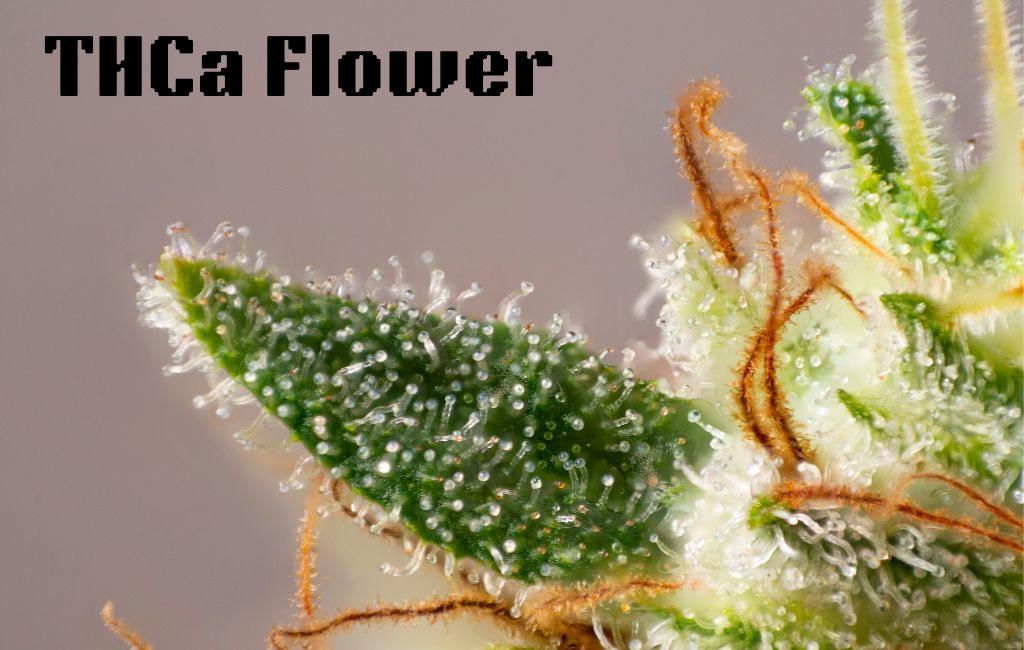
THCa Flower for Natural Relief
-
Table of Contents
THCa Flower for Natural Relief
In recent years, the interest in natural remedies for various ailments has surged. Among these, THCa flower has gained significant attention for its potential therapeutic benefits. This article explores the properties, benefits, and uses of THCa flower, providing valuable insights for those seeking natural relief.
Understanding THCa
THCa, or tetrahydrocannabinolic acid, is a non-psychoactive cannabinoid found in raw and live cannabis. Unlike THC, THCa does not produce a high when consumed. Instead, it offers a range of potential health benefits without the psychoactive effects.
How THCa Differs from THC
THCa and THC are chemically similar but differ in their effects on the body. THCa is the precursor to THC. When cannabis is heated through smoking, vaping, or cooking, THCa converts to THC, which is responsible for the psychoactive effects. Consuming raw cannabis or THCa flower allows users to experience the benefits of THCa without the high.
Potential Health Benefits of THCa Flower
Research and anecdotal evidence suggest that THCa may offer several health benefits. Here are some of the potential advantages:
- Anti-inflammatory Properties: THCa has shown promise in reducing inflammation, which can be beneficial for conditions like arthritis and other inflammatory diseases.
- Neuroprotective Effects: Studies indicate that THCa may help protect brain cells, potentially offering benefits for neurodegenerative diseases such as Alzheimer’s and Parkinson’s.
- Anti-emetic Properties: THCa may help reduce nausea and vomiting, making it a potential option for those undergoing chemotherapy or suffering from chronic nausea.
- Antioxidant Benefits: THCa has antioxidant properties that can help protect cells from damage caused by free radicals.
Case Studies and Research
Several studies and case reports highlight the potential benefits of THCa. For instance, a study published in the British Journal of Pharmacology found that THCa exhibited anti-inflammatory and neuroprotective properties in animal models. Another case report documented the use of THCa in a patient with epilepsy, noting a reduction in seizure frequency.
Real-Life Examples
Many individuals have shared their positive experiences with THCa flower. For example, a patient with rheumatoid arthritis reported significant pain relief and improved mobility after incorporating THCa flower into their regimen. Another individual with chronic migraines found that THCa helped reduce the frequency and severity of their headaches.
How to Use THCa Flower
There are various ways to incorporate THCa flower into your routine. Here are some popular methods:
- Juicing: Fresh cannabis leaves and flowers can be juiced to create a nutrient-rich beverage that retains the THCa content.
- Raw Consumption: Adding raw cannabis to salads or smoothies is another way to consume THCa without heating it.
- Tinctures and Oils: THCa tinctures and oils can be taken sublingually for quick absorption.
- Topicals: THCa-infused creams and balms can be applied directly to the skin for localized relief.
Legal Considerations
The legal status of THCa varies by region. In some areas, THCa is legal for medical or recreational use, while in others, it may be restricted. It’s important to research the laws in your area before purchasing or using THCa flower.
Conclusion
THCa flower offers a promising natural option for those seeking relief from various ailments. With its potential anti-inflammatory, neuroprotective, anti-emetic, and antioxidant properties, THCa provides a range of benefits without the psychoactive effects of THC. As research continues to uncover the therapeutic potential of THCa, it may become an increasingly popular choice for natural relief.
- A Look at Popular Brands That Sell Quality Mushroom Coffees Online
- Opening the Perks of THCA: What You Required to Know
- From Barking to Blissful: Making Use Of CBD to Fight Pet Anxiousness
- The Growing Fad of CBD for Family Pets: What Proprietors Ought To Think about
- Gold IRAs: An Interview with Experts from Leading Investment Company